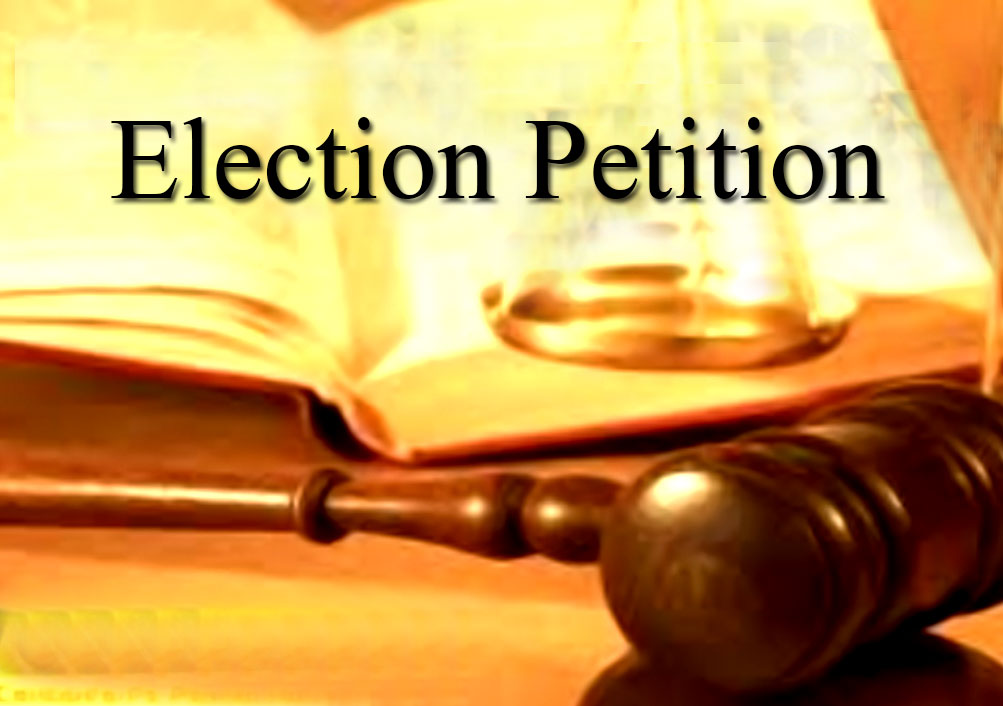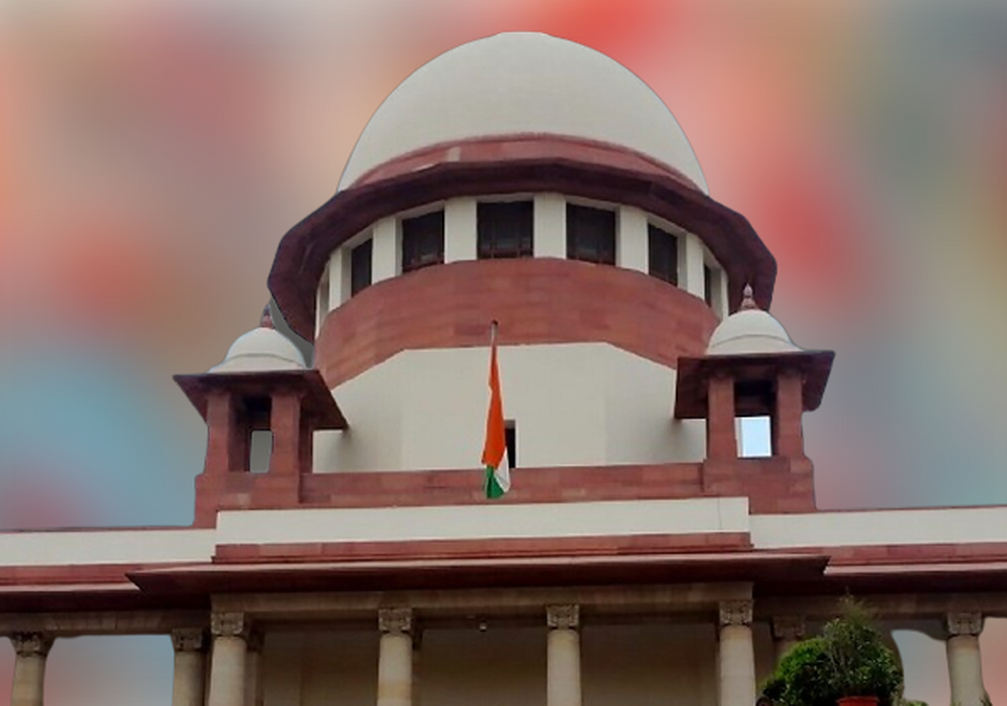In E.L.P.No.17 of 2016 – MAD HC – Election petition can be rejected under Order 7 Rule 11(a) of CPC if it does not disclose a cause of action: Madras HC – Justice D Krishnakumar [24-06-2022]

Read Order: ANITHA R.RADHAKRISHNAN V. B. RAMKUMAR ADITYAN AND ORS
Mansimran Kaur
Chennai, July 2, 2022: An election petition can be rejected under Order 7 Rule 11(a) of the Code of Civil Procedure (CPC) if it does not disclose a cause of action, and pleadings could also be struck off under Order VI Rule 16, if they are scandalous, frivolous or vexatious, even before filing a written statement, the Madras High Court has held.
By observing that in an election petition the fact which constitutes the corrupt practice must be stated and the fact must be correlated to one of the heads of corrupt practice, the Madras High Court dismissed the present election petition seeking declaration of the election to the Legislative Assembly, Tamil Nadu, contested by the applicant as void.
A Single bench of Justice D. Krishan Kumar dismissed the present election petition seeking declaration of the elections of the Legislative Assembly, Tamil Nadu, contested by the applicant as void. The Single judge bench was of the view that the respondent/ election petitioner did not specifically alleged corrupt practice under Section 123 of the Representation of the People (RP) Act, in the election petition. In the absence of the same, the election petition would be rendered naturally in fructuous, the bench observed.
The first respondent/ election petitioner instituted a petition under Sections 80, 80-A, 81, 83, 84, 100 (i) (d) (i), 125 A of Representation of Peoples Act, 1951, Rules 4, 4A, 8 and 10 of the Conduct of Election Rules, 1961 to declare that election of the returned candidate, namely the applicant herein from Tiruchendur Legislative Assembly Constituency, Tamil Nadu held on May 16, 2016, in which results were declared on May 19, 2016 as void .
Factual matrix of the case was such that the applicant was elected from No. 215, from Tiruchendur Assembly Election in the 15th General Assembly Election held on May 16, 2016 and he was declared as a successful returned candidate from the said Constituency on May 19, 2016.
The first respondent/ election petitioner, being a voter and a Law graduate, instituted the present election petition questioning the acceptance of the applicant’s nomination dated May 25 2016 by the “Returning Officer of Tiruchendur Assembly Constituency on the following two grounds, i) Insufficient disclosure of educational qualification and (ii) Incomplete information of criminal antecedents.
It was the case of the applicant that he disclosed and revealed the details of the criminal cases pending against him in the appropriate columns stipulated in Clause 5(i) (a) 4 cases, 5(i) (b) 4 cases, 5(i) (c) 4 cases in Form 26 Affidavit, which is sufficient for the voters of Tiruchendur Assembly Constituency, to know about the details of criminal antecedents of the applicant.
After the disclosure, he contested the election held on May 16, 2016 and was successful in the election and the acceptance of nomination of the applicant by the Returning Officer was perfectly valid, without any defects/infraction whatsoever, as alleged by the respondent/election petitioner.
However, the respondent/ election petitioner alleged the applicant did not mention the year of the completion of 10th standard and left it as blank column, which was substantial in character and the Returning Officer committed an error in accepting the nomination of the applicant, the respondent stated.
After hearing the rival contentions of the parties, the Court deemed it necessary to determine the power of this Court under Order VI Rule 16 Civil Procedure to Code to strike out the pleadings. In view of the same, the Court observed that a bare reading of the above provision reveals that there is no suo moto power conferred on the Court under this provision to strike off the pleadings. This Court must give an opportunity to other party to rebut the contentions raised in the application. Only when the Court comes to the conclusion that the pleadings of the party is liable to be struck off for any of the grounds mentioned in Order VI Rule 16 C.P.C, this Court can strike off the pleadings at any stage of the suit, the Court further observed.
At this stage, reliance was placed on the case of S.Malla Reddy v. Future Builders Cooperative Housing Society and others.
In furtherance of the foretasted findings, the Court also noted that an election petition can be rejected under Order 7 Rule 11(a) CPC, if it does not disclose a cause of action. Pleadings could also be struck off under Order VI Rule 16, if they are scandalous, frivolous or vexatious, even before filing a written statement.
Additionally, the Court observed that in an election petition, the fact which constitutes the corrupt practice must be stated and the fact must be correlated to one of the heads of corrupt practice. When the paragraphs in the plaint do not justify the essential requirement under Section 83 of the Representation of People Act, those paragraphs have to be struck off. Therefore, the instant applications filed by the applicant were maintainable, the Court opined.
It further dealt with two short questions of law: whether the respondent/election petitioner has made out an allegation of corrupt practice against the applicant in the present election petition? (ii) Whether the election petition is liable to be dismissed as in fructuous? To deal with the same, the Court considered the relevant provision under Section 123 of the Representation of People Act, 1951 which deals with Corrupt Practices and more particularly, Section 123(2) of the Representation of the People Act, 1951 reads that Undue influence, that is to way, any direct or indirect interference or attempt to interfere on the part of the candidate or his agent, or of any other person [with the consent of the candidate or his election agent], with the free exercise of any electoral right.
Sign up for our weekly newsletter to stay up to date on our product, events featured blog, special offer and all of the exciting things that take place here at Legitquest.




Add a Comment